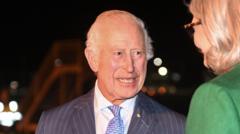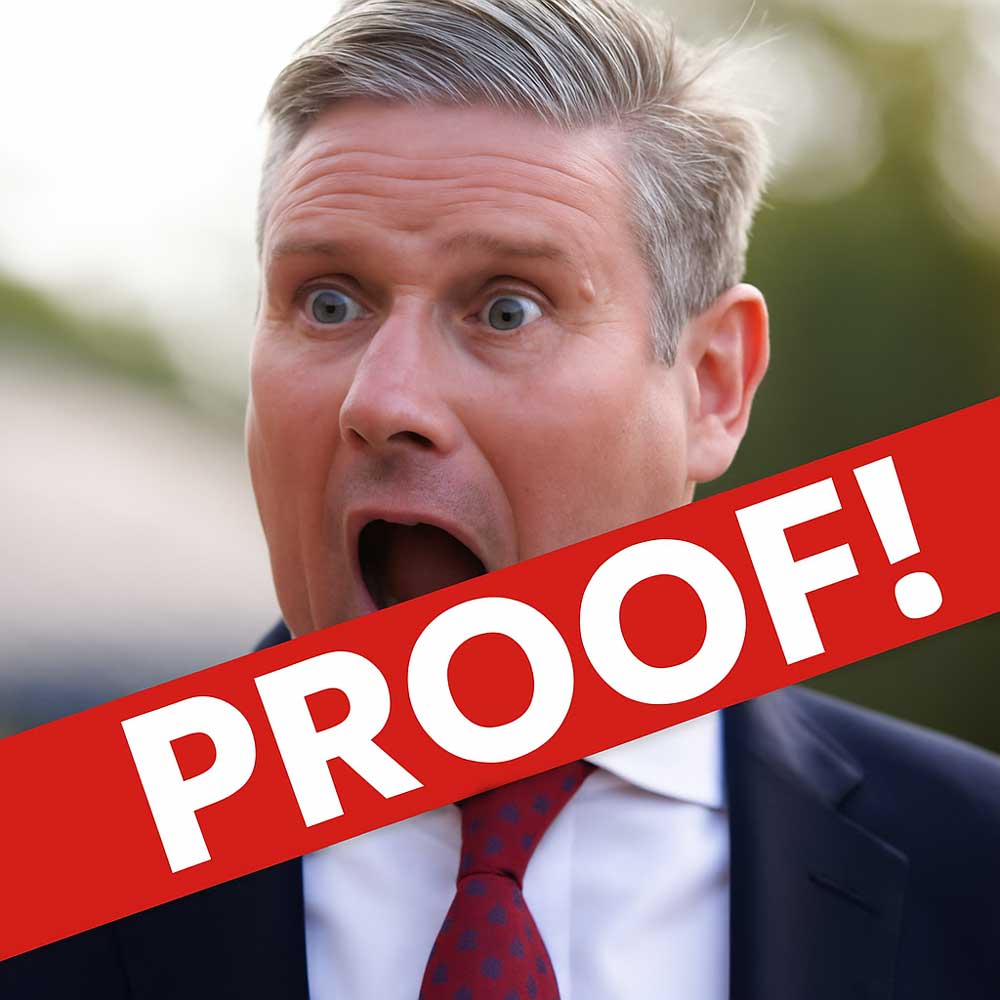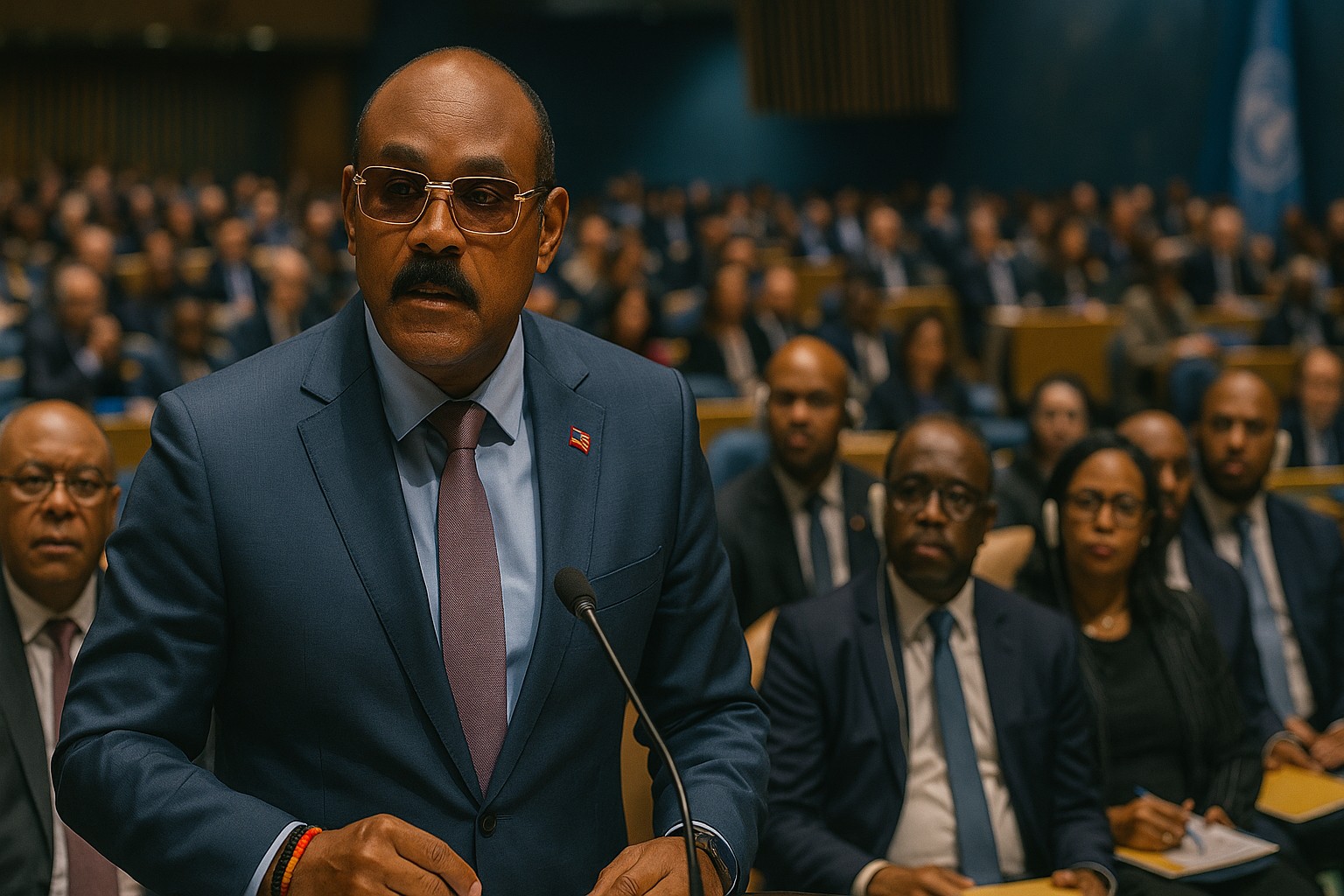In a recent announcement, a spokesperson for Downing Street declared that neither an apology nor financial reparations will be forthcoming regarding Britain's historical role in the transatlantic slave trade. This statement precedes next week's Commonwealth summit in Samoa, where King Charles and opposition leader Sir Keir Starmer are expected to attend.
Despite expressing "greatest sorrow and regret" about Britain's colonial past during a 2022 visit to Kenya, King Charles did not issue an official apology linked to the slave trade. Such an acknowledgment would require approval from government ministers—a step that seems unlikely given current political stances. Notably, the government has firmly ruled out an apology, maintaining a position echoed by Prime Minister Rishi Sunak in the past when he stated, "trying to unpick our history is not the right way forward."
The Commonwealth summit, taking place on October 25 and 26, will gather leaders from 56 nations, and may provide a platform for discussion on slavery. While other countries might raise the matter, the UK government has stated it prioritizes conversations on contemporary shared challenges, focusing on economic growth as opposed to delving into historical grievances.
Support for reparations and formal apologies remains a contentious issue among MPs and the public. Labour MPs, such as Bell Ribeiro-Addy, have called for a formal recognition of the past, with David Lammy previously stating that Caribbean communities seek not only apologies but also reparations. Yet, the current government's stance signifies a continuity of previous policies regarding slavery's legacy.
Public opinion on the matter appears divided. Some individuals, like UK resident Ruth, argue against feeling guilty for historical actions they did not partake in, while others, like Ronald from Bristol, insist that an apology would help rectify historical grievances. International voices also chime in, with Sarah from Ghana expressing that recognition from the monarchy could facilitate healing.
As the Commonwealth summit approaches, the resistance to revisiting historical reparations and apologies remains firmly entrenched in UK government policy. Meanwhile, discussions about historical accountability and reparations continue to stir debate both within the UK and across the Commonwealth.





















